
Some 456 British personnel lost their lives in Afghanistan and the Government has spent more than £22 billion on the 20-year conflict.
Now, with the Taliban on the verge of taking full control of the country, the speed of the capitulation of the Afghan security forces has taken even the most pessimistic commentators by surprise.
Here is a timeline of the UK’s involvement in a war that has left Britons asking themselves “What was it all for?”
– 2001
– September 11 2001: The 9/11 terror attacks against the US claim the lives of 2,977 victims.
Suspicion immediately falls upon Islamist terrorist group al Qaida and its leader Osama bin Laden, who is in Afghanistan under the protection of the Taliban.
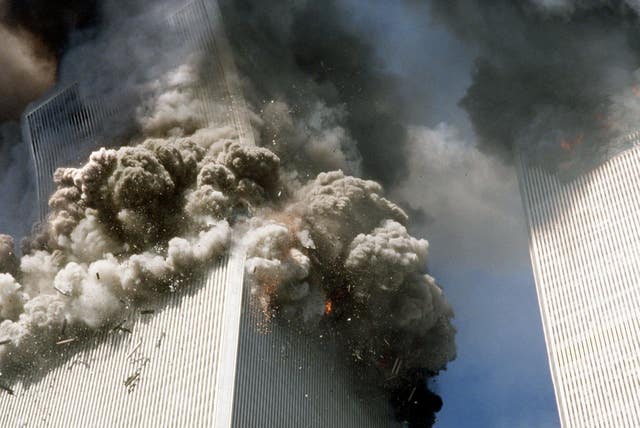
The US and its allies prepare to invade when the Taliban refuse to hand over bin Laden.
– October 7 2001: Prime minister Tony Blair announces British forces are involved in military action against al Qaida training camps in Afghanistan.
– November 2001: The first UK troops are deployed after Royal Marines from 40 Commando help secure Bagram airfield.
Taliban rulers swiftly flee Kabul – either to Pakistan or the mountainous regions of Afghanistan, where they prepare to mount an insurgency.
– December 2001: Western forces take the final Taliban stronghold of Kandahar in the south of the country.
The Bonn Conference in Germany sets up interim government the Afghan Transitional Authority and the UN-backed International Security Assistance Force (ISAF) to try to maintain security.
– 2002
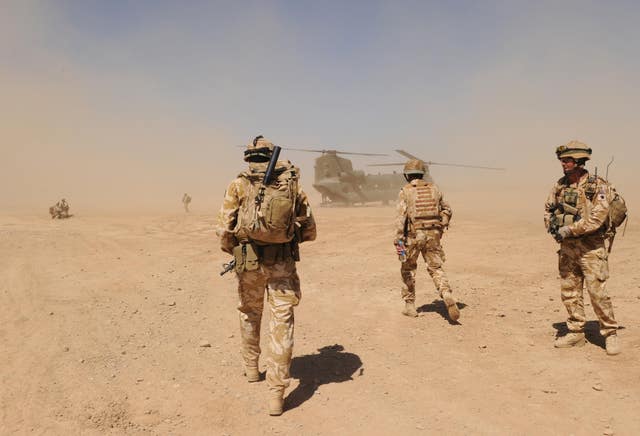
– May 2002: UK Royal Marines are deployed to mountain regions to flush out Taliban fugitives in Operation Jacana.
– 2006
– January 2006: The UK Government announces 3,300 British troops are to be deployed in Helmand province, one of the most volatile regions of the country.
– 2007
– December 2007: UK forces are heavily involved in heavy fighting and tactical operations in Helmand following escalating attacks from insurgents.
– 2008
– March 2008: Prince Harry flies back to the UK after serving in Helmand when foreign websites break a media blackout on details of his deployment.
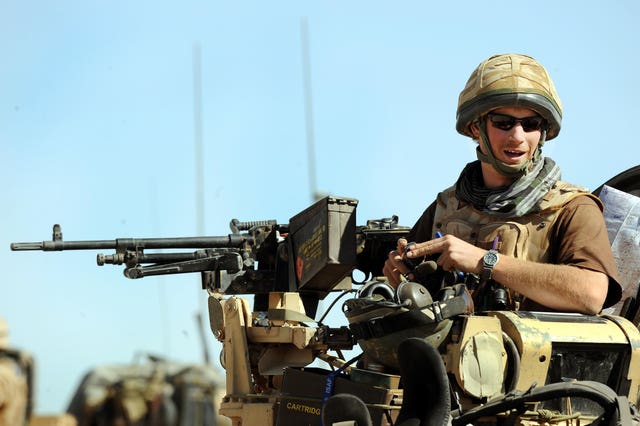
– June 8 2008: Three British soldiers are killed in a suicide attack in Helmand, taking the number of military personnel killed in the conflict since 2001 to 100.
– June 17 2008: Lance Corporal Sarah Bryant, 26, of the Intelligence Corps, becomes the first British servicewoman to die in Afghanistan.
– 2009
– July 2009: Lieutenant Colonel Rupert Thorneloe, commanding officer of the 1st Battalion Welsh Guards, becomes the most senior British Army officer to die on operations since the Falklands.
– August 15 2009: Fusilier Shaun Bush, 24, of 2nd Battalion The Royal Regiment of Fusiliers, dies in hospital in Britain from injuries sustained in Afghanistan, bringing the UK death toll to 200.
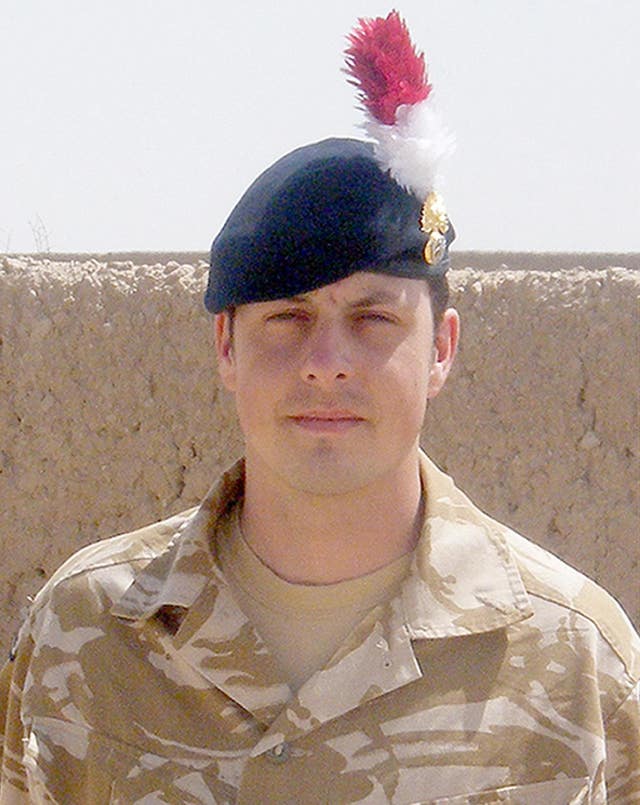
– October 14 2009: New prime minister Gordon Brown announces he will send 500 extra British troops to Afghanistan, taking the total to 9,500.
– November 3 2009: Five British soldiers are killed by a rogue Afghan policeman in the Nad-e-Ali district of Helmand.
– December 1 2009: US president Barack Obama announces he is sending another 30,000 American troops to Afghanistan.
– 2010
– June 10 2010: On his first visit to Afghanistan as prime minister, David Cameron warns that the Nato coalition is facing a “vital year”, adding he does not want UK forces to remain there “a moment longer than is necessary”.
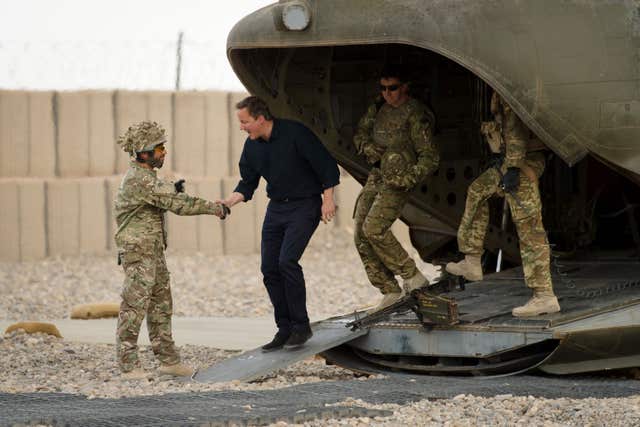
– June 20 2010: The British death toll in the conflict reaches 300 when a Royal Marine from 40 Commando dies in hospital in the UK eight days after being wounded in the Sangin area of Helmand province.
– July 2010: The UK Government announces it is increasing development aid spending in Afghanistan by 40%, including a new Business Challenge Fund aimed at increasing enterprise.
– November 2010: At a Nato summit in Lisbon, a timetable for the handover of security control from the ISAF to Afghan forces by the end of 2014 is agreed.
– 2011
– May 2 2011: Osama bin Laden is killed by a US special operations unit after being tracked down living in a compound near Abbottabad, Pakistan.
– June 23 2011: Mr Obama announces the withdrawal of 10,000 US troops from Afghanistan by the end of the year, to be followed by a further 23,000 by the end of September 2012.
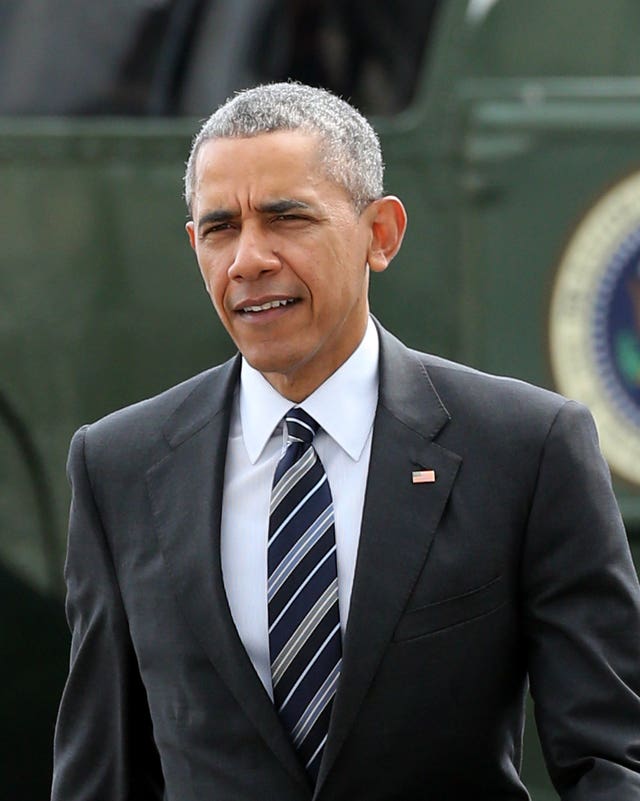
– July 6 2011: Mr Cameron announces that the UK will withdraw another 500 troops from Afghanistan in 2012, to follow 400 due to withdraw over the course of 2011.
– July 20 2011: British troops hand responsibility for security in Lashkar Gah, the capital of Helmand province, to Afghan soldiers and police in line with the planned pullout of UK combat forces by the end of 2014.
– 2012
– March 6 2012: The British death toll in the conflict reaches 400 when an explosion in Helmand province kills six British soldiers as they travelled in a Warrior armoured fighting vehicle.
– September 7 2012: Prince Harry arrives at Camp Bastion to serve a 20-week deployment as an Apache co-pilot/gunner with the Army Air Corps which concludes on January 21 2013.
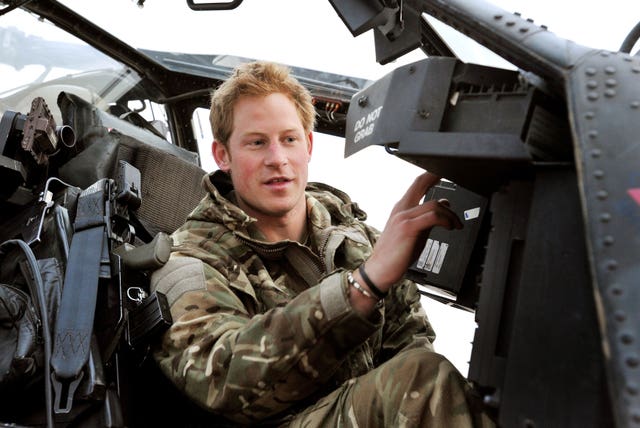
– December 16 2012: Mr Cameron says troops will be coming home in “two relatively even steps” in 2013 and 2014, leaving around 5,200 troops after the end of 2013.
– 2013
– June 18 2013: The transfer of security responsibilities from Nato to Afghan forces is completed.
– 2014
– April 1 2014: The UK’s military headquarters in Helmand is disbanded after eight years of frontline operations.
– April 26 2014: Five British troops, including personnel from Prince Harry’s former unit, are killed in the UK’s worst helicopter crash in Afghanistan.
– October 26 2014: UK troops hand Camp Bastion over to Afghan officials, concluding their eight-year campaign in Helmand province ahead of the complete withdrawal of combat personnel entirely from Afghanistan expected by the end of the year.
An estimated 450 British troops remain in the country to train and support the Afghan security forces.
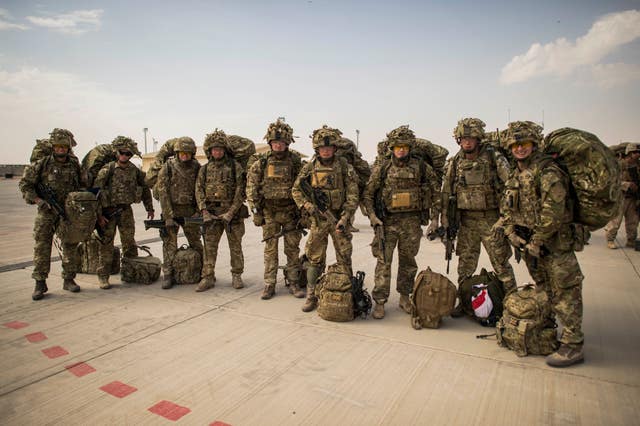
– 2015
– December 2015: A Taliban resurgence in Helmand prompts the UK Government to deploy a “small number” of personnel to Camp Shorabak to prevent insurgents overrunning the town of Sangin.
The Government says British troops will be in an advisory role only as part of a larger Nato team and will not be in frontline combat.
– 2020
– February 29 2020: US president Donald Trump’s administration agrees a peace deal with the Taliban, pledging to withdraw all of its troops and those of its Nato allies within 14 months if certain conditions are met.
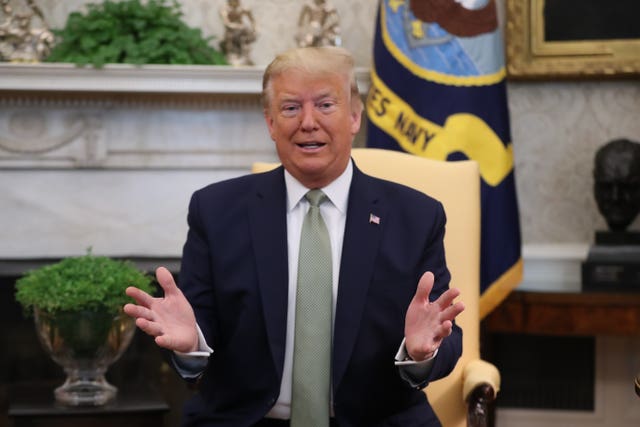
Under the deal, brokered in Doha, the Taliban agreed to withdraw support for terrorist groups and commence talks with the Afghan government.
A prisoner swap of 5,000 Taliban members and 1,000 Afghan security forces is also arranged.
– 2021
– January 2021: President Joe Biden’s new administration reviews Mr Trump’s deal with the Taliban and pushes the final withdrawal date for US troops back to September 2021.

– August 16 2021: Prime Minister Boris Johnson calls a meeting of the Government Cobra emergencies committee as Taliban fighters stand ready to take the Afghan capital of Kabul unopposed.
The House of Commons authorities confirm Parliament will be recalled on Wednesday in response to the crisis.


Comments: Our rules
We want our comments to be a lively and valuable part of our community - a place where readers can debate and engage with the most important local issues. The ability to comment on our stories is a privilege, not a right, however, and that privilege may be withdrawn if it is abused or misused.
Please report any comments that break our rules.
Read the rules hereLast Updated:
Report this comment Cancel